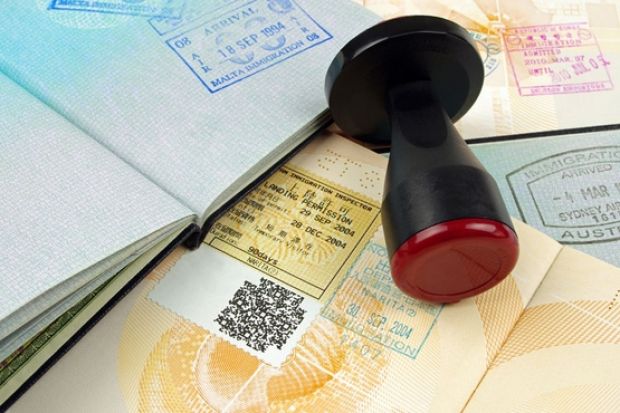That is the reaction of the National Union of Students Under to planned laws unveiled in the Immigration Bill on 10 October.
Under the proposals, landlords will need to check the immigration status of potential tenants and temporary migrants, including overseas students, will be required to pay a charge to access NHS services.
However, the proposals have been branded “unworkable, expensive and discriminatory” by Daniel Stevens, international students officers at the NUS.
“The bill [will] affect international students more than any other group as they already make up 75 per cent of those subject to visa controls,” said Mr Stevens.
“Of those subject to visa controls, international students are already the most heavily regulated and monitored, and yet they put the most into the UK economy for the duration of their stay.”
Forcing private landlords to undertake visa checks on international students will effectively lead to racial profiling as many will seek to avoid a lengthy bureaucratic process, the NUS claims.
Students will struggle to gather the right documents and have them checked in time to secure housing as tenancy agreements are made very rapidly – in hours, not days or weeks, the organisation adds.
Overseas students may be forced to turn to non-law abiding landlords – a move which may threaten their safety – if they are unable to find landlords willing to do the necessary checks, which are currently only done by trained Home Office officials, the NUS also says.
The UK Council for International Student Affairs has also attacked the plans as “disproportionate” and “unjust”, saying they may render some overseas students homeless.
Introducing a charge on overseas students and dependents for using the NHS – a £200 charge has been mentioned – would typically add £1,000 to the cost of the visa application process, it said.
Imposing this significant upfront cost would stop many students from applying to UK universities, while also deterring them from taking out private health insurance.
“On top of [security vetting], biometrics, entry clearance, institutional immigration checks, police registration (for those from over 40 countries), employer immigration checks (where necessary) and the proposed checks by landlords, this additional requirement would be seen as yet another sign that the UK wishes to limit the number of legitimate international students coming to the UK,” a statement from the council says.
Nicola Dandridge, chief executive of Universities UK, said proposals within the immigration bill had implications for international students and staff and should be piloted appropriately and impact assessed before full introduction.
“Such proposals must also be communicated properly to prospective international students and staff to ensure they are fully understood,” Ms Dandridge said.
“Some of the reforms and rhetoric around immigration in the past have led to damaging, and often misleading, headlines overseas about the ability of genuine international students to come here to study,” she added.




